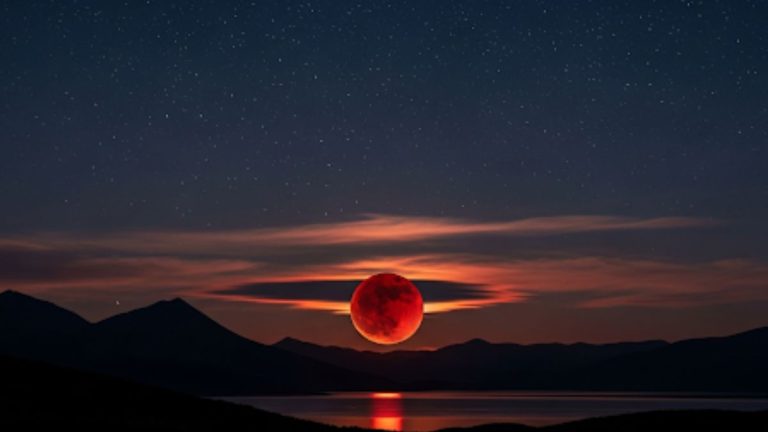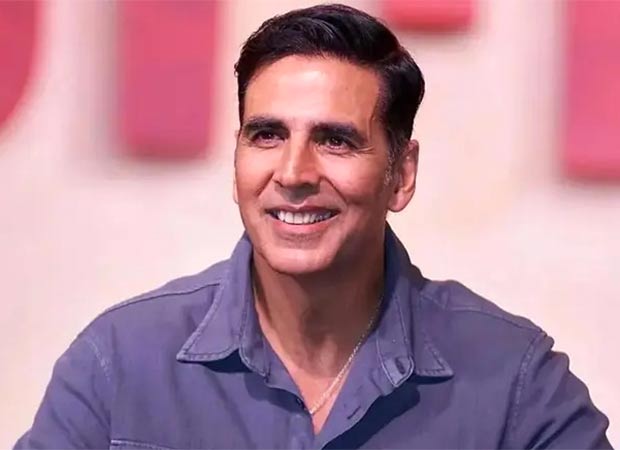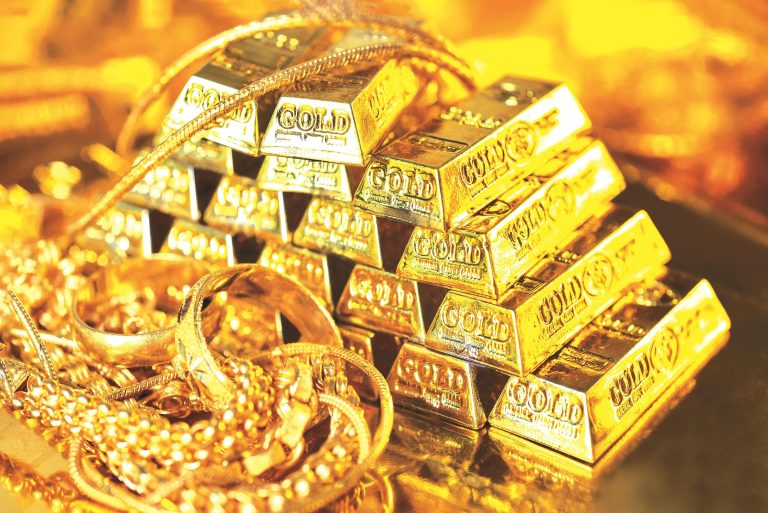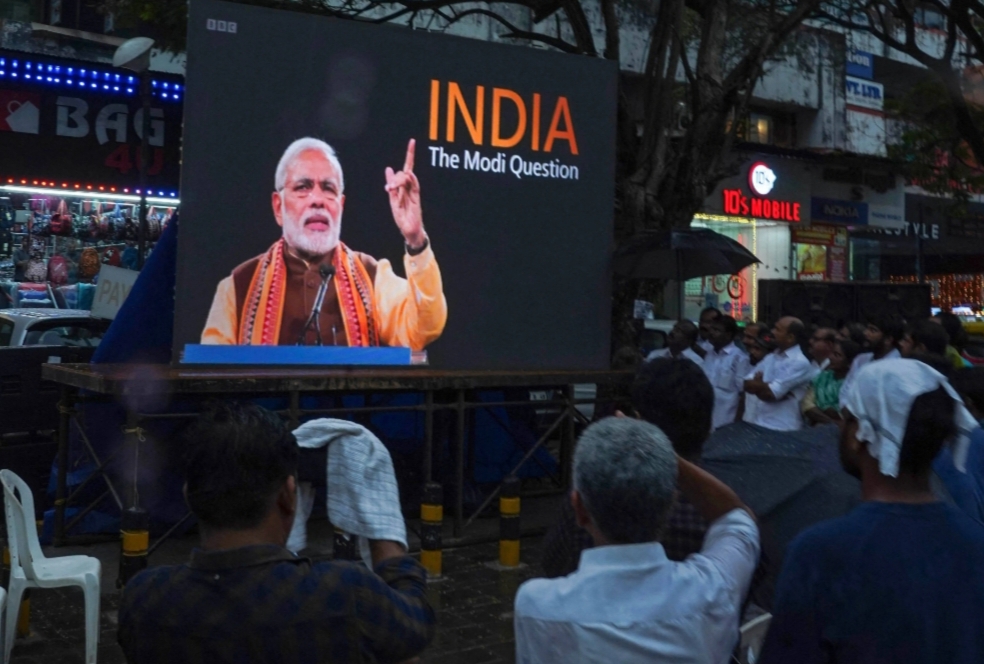
On January 17, the BBC aired part one of its two-part historical documentary on the rise of India’s prime minister Narendra Modi and the controversy surrounding his role in the horrific Gujarat Riots of 2002.
BBC documentary questioned prime minister Narendra Modi’s role in handling the 2002 Gujarat riots when he was the chief minister of Gujarat. The documentary is said to have featured classified reports based on a “probe” undertaken by the British foreign office on the riots.
it’s the longest documentary on the Gujarat riots, the documentary says, Narendra Modi was the perpetrator of ethnic cleansing.
“This (the documentary) has not been screened in India. So, I am only going to comment on the context of what I heard about the or have my colleagues have seen. Let me just make it clear, we think this is a propaganda piece, designed to push a particular discredited narrative. The bias, lack of objectivity and frankly a continuing colonial mindset is blatantly visible.” said Arindam Bagchi, Spokesperson of MEA.
The BBC has been facing lots of criticism lately, many have been protesting openly against BBC for airing documentary which deeply criticizes prime minister Narendra Modi.
Retired Judges, bureaucrats and retired armed forces veterans have signed a statement rebutting the BBC documentary. A total of 302 eminent citizens have written a letter saying that the BBC documentary is based on delusional and bias reporting.
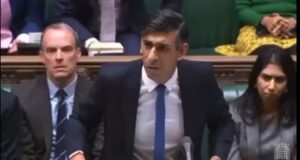
Recently UK Prime Minister Rishi Sunak came in the support of India by silencing Pakistani-origin Imran Hussain, a UK MP, over a BBC documentary about Narendra Modi and the Gujarat riots of 2002. Defending Indian Prime Minister Narendra Modi in the British Parliament, UK PM Rishi Sunak distanced himself from the controversial documentary series. Sunak said he “doesn’t agree with the characterization” of his Indian counterpart in the series.
Days later, UK MP Lord Karan Bilimoria came in support of Prime Minister Modi. During a debate in the UK Parliament, Bilimoria referred to Prime Minister Narendra Modi as “one of the most powerful persons on the planet.”
Soon, India blocked multiple YouTube videos and Twitter posts sharing links to controversial BBC documentary. The blocking was issued using emergency powers under the IT rules, 2021.
However, students from various parts of India led by left wing students group refused to listen follow government’s order and started to screen BBC documentary in many universities. BBC documentary was screened at Hyderabad University. The incident came to light after ABVP members complained about it.
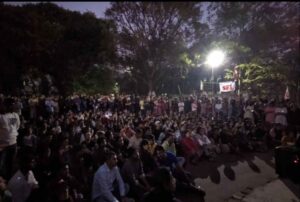
Students from JNU university watched the documentary on phones and laptops as JNU snapped power to stop screening of the documentary.
In Rajasthan, 11 students were arrested for watching the documentary. Students from all across Delhi, Kerala, Hyderabad, Rajasthan are watching the controversial BBC documentary.
According to Prime Minister Narendra Modi, unsuccessful efforts are being undertaken to split the country’s citizens. PM Modi, at a National Cadet Corps (NCC) event on January 28 in New Delhi, exhorted the populace to stick together for the sake of the nation’s development.
PM Modi’s comment comes as there is an ongoing controversy around a BBC documentary on Gujarat Riots 2002. His performance as the chief minister during the 2002 riots is criticized in the documentary.
Many people from India and all across the world are coming the support of PM Modi.
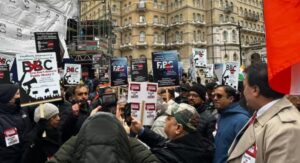
The Indian diaspora on Sunday protested against the British Broadcasting Corporation (BBC) at their headquarters in Portland Place over the documentary on PM Narendra Modi. The protesters were holding placards against the media house.
Today, Russia openly came in support of PM Modi. Russia said the banned BBC documentary on PM Narendra Modi is another evidence of the BBC “waging an information war on different fronts”.

